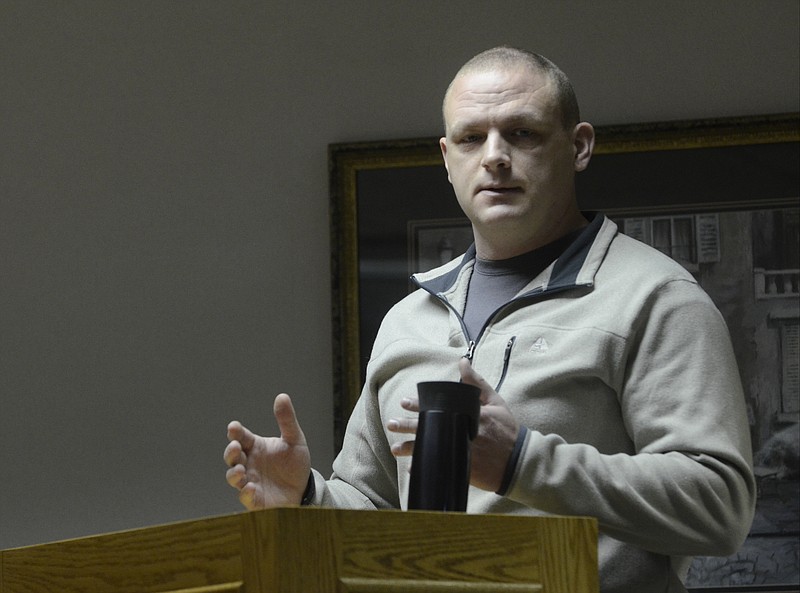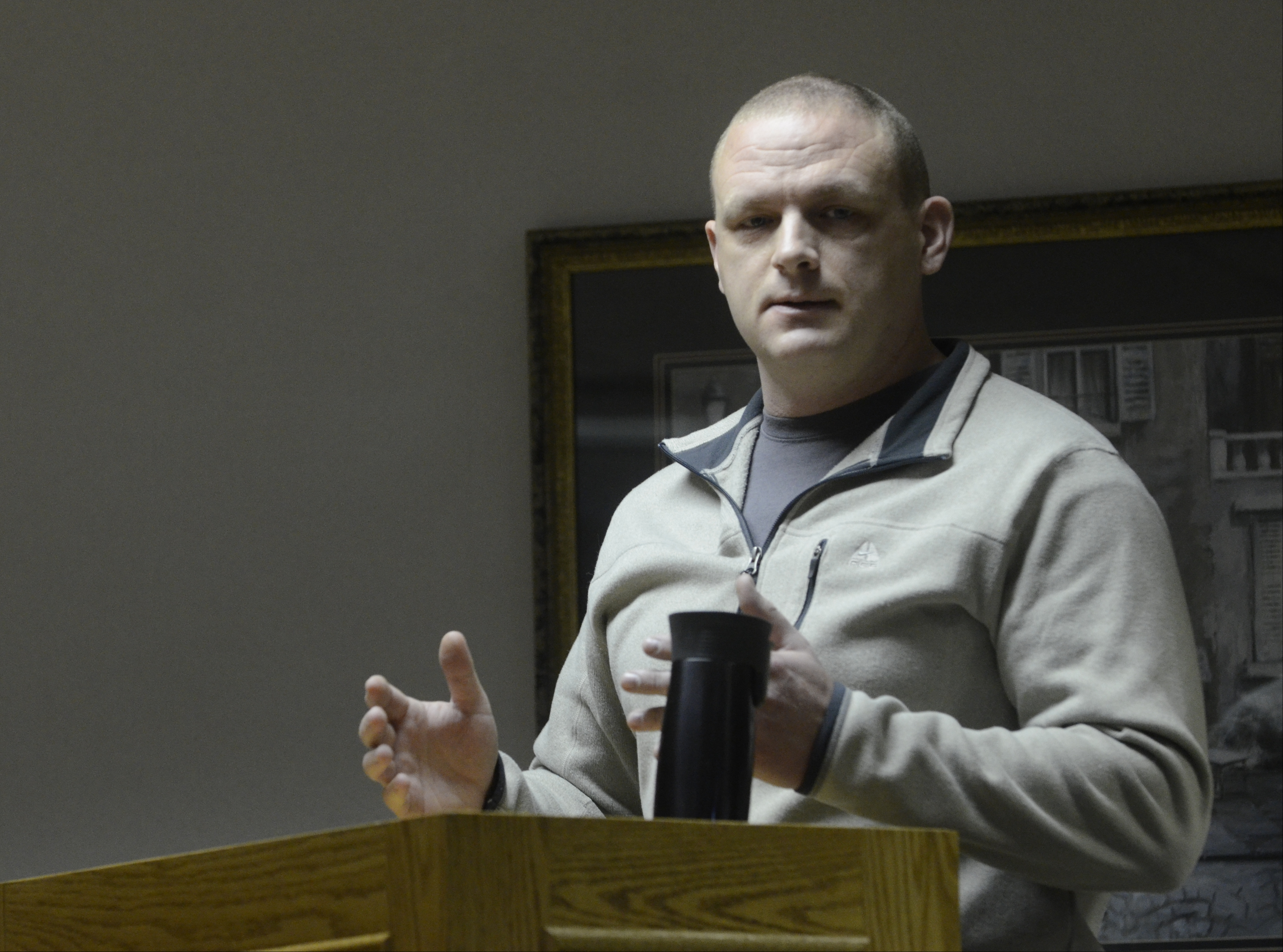Mayor Andy Berke's plan to fix a decade's worth of unequal pay in the Chattanooga Police Department won't be complete until after his first term in office is over, a document obtained by the Times Free Press shows.
The city's draft plan calls for spending nearly $1 million in the coming fiscal year, with incremental raises for officers on the low scale and freezing the pay of officers on the high end.
Under that plan, union leaders say it could take up to six years to fix the differential that finds some officers paid as much as $14,000 less than their peers who are at the same rank with similar years of service.
For example, union leaders said, a sergeant paid $8,000 less than his peer could initially get a $4,000 raise in one year and then get smaller raises for five more years until the officer catches up.
Berke spokeswoman Lacie Stone said a "majority" of the inequities will be addressed in the first year, depending on the shape of the final plan. Chief of Staff Travis McDonough acknowledged that some of the fixes will take years, but said only a "handful" should take six years.
Union leaders were surprised when they first learned how long it could take to wipe out the pay disparity. Berke pledged to do so this spring after it was projected that the city would save $5 million in the coming 2014-2015 budget as a result of reforms to the fire and police pension.
Those leaders met with Berke on Friday to get more answers.
Sean O'Brien, president of the local chapter of Fraternal Order of Police, said the union was concerned about how long it would take for some officers to catch up to their peers. There is also a risk that a new administration could take office and not honor the current plan, he said. Berke hasn't pledged to run for a second term.
But the mayor's office argued that addressing the disparity all at once with raises across the board would be too costly -- upwards of $3 million in the first year, O'Brien said.
Officers understand that the greater risk would be to create a plan that would cost the city millions and leave them facing pay cuts if the plan was unsustainable, O'Brien said.
McDonough said the mayor's office isn't interested in a temporary fix or one that slashes any officer's pay. Each year, the city will give incremental increases to the police salary budget, he said, until it's resolved.
The plan needs to be consistent so the next administration will see the value in continuing the program, McDonough said.
"It's going to take a commitment from city leaders to say this is something that our employees expect, something we told them is the plan, they worked with us to come up with it and we need to honor it going forward," he said.
Currently, police officers and firefighters can't get pay raises unless they are promoted or the city implements a departmental salary increase. And because of a confusing pay structure and one-time fixes, some newer officers potentially make more money than their supervisors.
An evaluation of the police department's pay structure shows large gaps among officers who have similar ranks and times of service. For example, one 19-year captain makes $69,020, while one of his peers makes $65,629.
Larger gaps exist within the rank of sergeant -- where 29 sergeants are in the midst of a lawsuit with the city after their younger peers have the potential to make more money than their superiors. One sergeant with 17 years experience is paid $14,500 more than a fellow sergeant with one more year of experience.
Along with fixing the pay disparity, the city will implement a pay structure that sets specific salary ranges rank by rank.
According to a draft of the city's proposal to establish a new police department pay structure, the document shows the city is considering giving officers a 3 percent pay increase every two years and eventually capping pay for every rank.
Under the new plan, cadets would still make the same starting salary and the plan would lower the maximum pay for several ranks, such as master patrol officer, lieutenant and captain. The difference is those officers could reach their maximum pay grade through years of service.
In this draft:
• Entry-level cadets would have a starting salary of $34, 118.
• An officer would cap out at $44,168 after 14 years.
• A master police officer could make up to $52,739 by year 20.
• A sergeant could make $61,139 after 26 years.
• A lieutenant could make $68,813 after 28 years.
• A captain could make $77,449 after 30 years.
McDonough said the city is still awaiting the results of a public safety salary survey to ensure officers are being paid at market value before rolling out this plan in the coming weeks.
Contact staff writer Joy Lukachick at jlukachick@timesfreepress.com or 423-757-6659.

